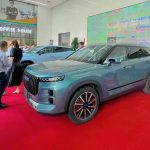Chinese Cars – Seizing the Opportunity Now
In 2023, the Vietnamese market will witness the entry of four new car brands: Wuling, Haval, Lynk & C, and Haima. Additionally, Chery, the brand with the longest teaser period, has already reached a cooperation agreement with Geleximco, its partner in Vietnam. Moreover, the transfer of MG Vietnam from Tanchong to SAIC has also taken place.
A significant difference between these new brands and the previous presence of Chinese cars in Vietnam is the “genuine” nature of their entry, with collaborations with domestic enterprises to assemble cars within Vietnam. For example, SAIC-GM-WULING has partnered with TMT Motor to assemble the Wuling Hongguang Mini EV model at TMT’s car factory in Van Lam district, Hung Yen province. Furthermore, Geleximco Group and Omoda & Jaecoo Automobile Company (Chery’s brand) have signed a memorandum of understanding to build a car production and assembly plant in November 2023.
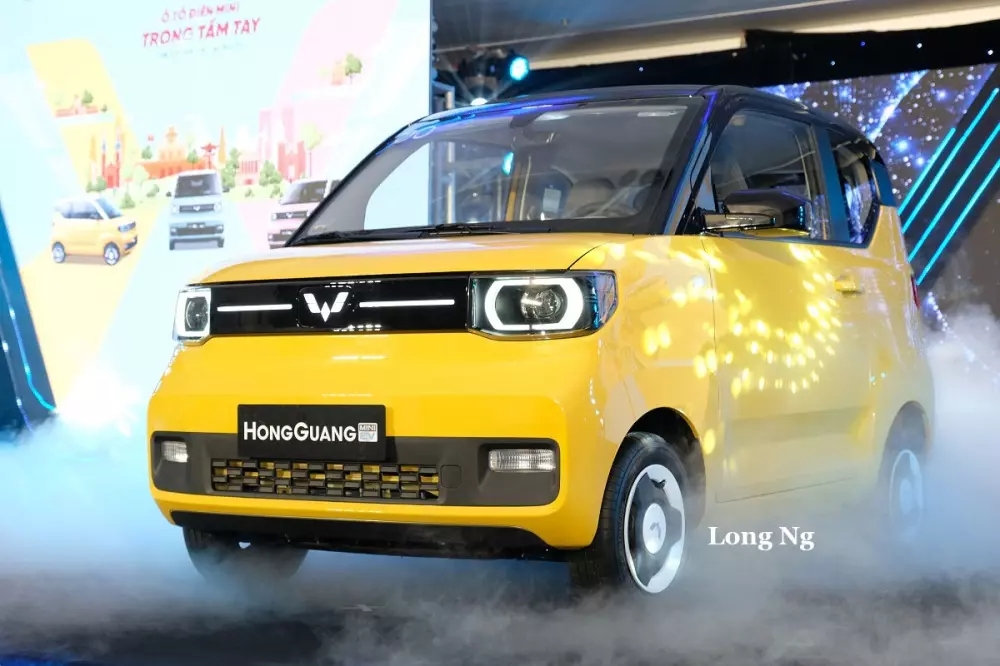
Wuling Hongguang Mini EV
The Chinese car brands entering Vietnam offer diverse models ranging from small and affordable options like the Wuling Hongguang Mini EV (starting from 239 million VND) to mid-range cars like the MG5 (starting from 399 million VND), mid-size SUVs like the MG RX5 (699 million VND), and higher-end segments with prices under 1 billion VND such as Haima 7X-E, Haval H6, and Lynk & Co 09.
In response to the overwhelming entry of Chinese car brands, Vietnamese consumers have expressed various reactions. Many car enthusiasts in Vietnam associate Chinese cars with being “cheap.” However, the actual launch prices of Chinese car models are generally higher than expected, leading to debates on social media platforms about cars.
While some consumers express skepticism about the launch and the lack of follow-up from dealers, others are excited about the emergence of new brands. Consumers with positive views on Chinese cars are concerned about long-term product quality, professional after-sales service, and the reputation of Chinese cars compared to Japanese, Korean, European, and American cars.
Overall, the Vietnamese market is gradually opening up to Chinese cars. The success of privately imported cars in the past, like the Beijing X7, has played a crucial role in building consumer trust. However, authorized importers need to address longer-term problems to further strengthen consumer confidence. To succeed in Vietnam, Chinese brands must at least focus on the following:
Be Transparent and Confident about the Origin
Being straightforward about the origin of their products is crucial to gain consumer trust. Brands should avoid evasive tactics and clearly communicate their Chinese origin. A brand’s hesitation about its origin undermines consumers’ confidence in their products.
Some Chinese brands have already been transparent about their origin in Vietnam, like Haima and Lynk & Co. However, other brands are choosing to highlight other aspects instead of clearly admitting their Chinese origin.
For example, MG, under TanChong’s era, has chosen to market itself as “a British car” due to its historic association with Morris Garage. However, it is essential to acknowledge that MG is currently owned by Shanghai Automotive Industry Corporation (SAIC) and has no direct connection to any British brand.
Haval, another Chinese car brand, avoids mentioning its Chinese origin and markets its Haval H6 Hybrid as “a hybrid car imported from Thailand” in communication materials.
A more intriguing case is TMT Motors and the SGMW joint venture, which promotes the Wuling Hongguang Mini EV in the Vietnamese market. TMT Motors refers to the SGMW joint venture as “an American joint venture” and the Hongguang Mini EV as “the electric car of the GM joint venture in America.” However, in reality, SGMW is a SAIC-GM-Wuling joint venture based in China, producing vehicles under the Wuling and Baojun brands.
Clear communication about the origin is crucial for respecting the brand and providing transparent information to consumers.
Build a Solid and Systematic Market Presence
Chinese brands entering the Vietnamese market should focus on building a strong foundation. Unlike the previous wave of Chinese cars, the current brands are strategically establishing dealership networks and service centers, which are vital for cars with a long lifecycle.
Companies like Tasco (Lynk & Co distributor), Thanh An GWM (Haval distributor), and TMT Motors are already well-established in the Vietnamese automotive market. They have experience in the car business and are selling a significant number of cars each year. These companies are also actively building dealership networks and service centers to address concerns about the quality of Chinese cars and after-sales services.
Offer Good Products Based on a Strong Foundation
Chinese cars are no longer synonymous with cheap, low-quality vehicles. The new Chinese car models entering the Vietnamese market offer good quality platforms, chassis, and engines. For example, the Haval H6 demonstrates good sales performance and success in other markets like Australia and Thailand.
Although price remains a barrier, distributors are striving to bring new Chinese car models to Vietnam with attractive designs, advanced technology, and good quality. The prices reflect the improvements made, and if the cars truly offer good quality, the prices are justified.
Unique Brands and Catering to Younger Consumers
Unlike previous generations of Chinese cars, the current wave introduces brands like Lynk & Co and Haval, which offer distinct and aesthetically pleasing designs. These brands are not just selling cars; they are creating unique brand experiences. For example, Lynk & Co showrooms adopt a youthful and open style of decoration.
Youthful consumers today have different demands compared to previous generations. They seek more technology content, convenient features, and distinctive designs that cater to their individuality.
In conclusion, Chinese car brands have a lot to achieve to convince Vietnamese consumers, who are discerning yet adventurous. By focusing on good products, building a solid market presence, being transparent about origin, and catering to changing consumer demands, Chinese brands can find success in the Vietnamese market. Time will reveal the true acceptance of the market.
As the pioneers in the Vietnamese market, brands like Haima, Lynk & Co, Haval, Wuling, and MG play a crucial role in driving the market and paving the way for other Chinese brands aspiring to enter Vietnam.
























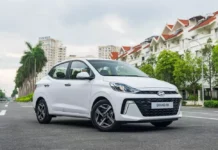
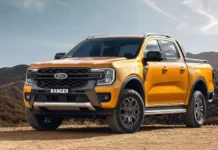
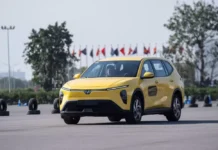
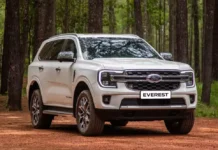
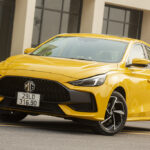
![[CAR REVIEW] Haval H6 HEV: “Just Luxurious,” but Definitely not Cheap](https://vnauto.net/wp-content/uploads/2023/10/xehay-havalh6-05082023-8-150x150.jpg)
